Charles Dickens, the author of A Christmas Carol and David Copperfield, was born on February 7th, 1812.

From America’s Funniest Home Videos
Although a bit older than 102—his actual age would be 208—he is still one of the most important literary figures of the 21st century.
He created some of the world’s best-known characters, Mrs. Havisham, Ebenezar Scrouge, and countless others, and is regarded as one of the greatest novelists of the Victorian Era.
Born in Portsmouth, Dickens ended up leaving school to work in a factory when his father went to debtors’ prison. Despite his lack of formal education, he edited a weekly journal for 20 years, wrote 15 novels, five novellas, hundreds of short stories and non-fiction articles, lectured and performed readings.
His first story The Pickwick Papers was a serial publication in 1836. Within a few years, he had become an international literary celebrity, famous for his humor, satire, and observation on society and character. He went on to write Oliver Twist, Dombey and Son, Bleak house, and many other works.
On June 8th, 1870, Dickens suffered another stroke, which he never regained consciousness; the next day he died.
Not only his Dickens still read to this day, but many of his stories have been adapted into movies, TV programs, musicals, and plays.
So, throw in a ha’penny, brew a cup of tea, and select one of the many Dickens books/movies in our library collection and celebrate a literary genius.
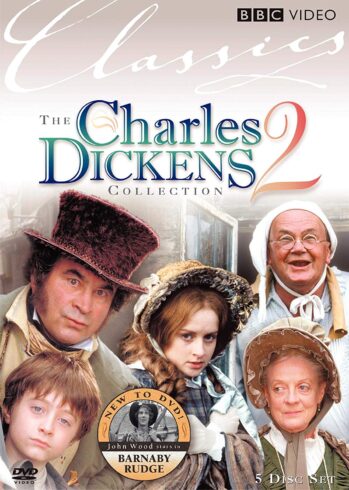
791.45 C475 COL.2 V.1-4 (Located against the West wall)
Images from Amazon.com
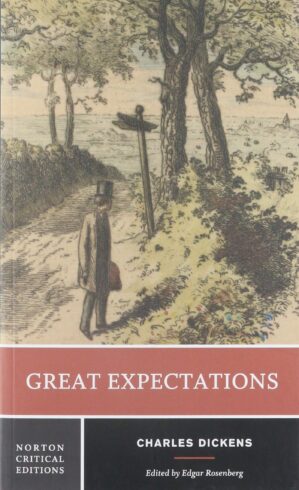
828.003547 G786ZR
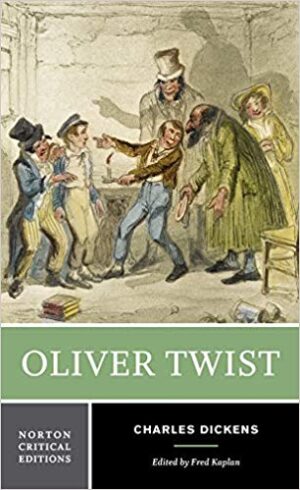
828.003547 O484ZK
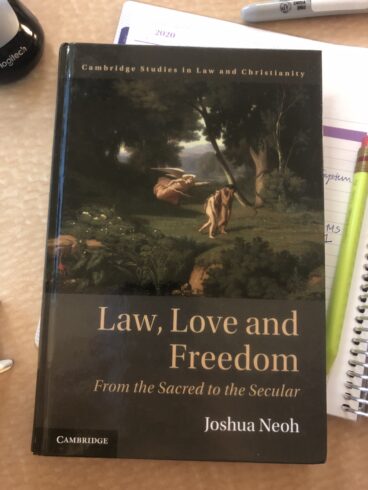
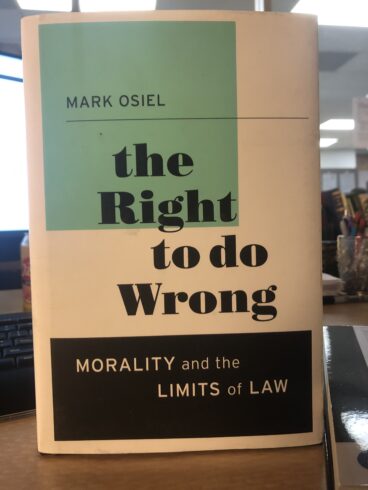
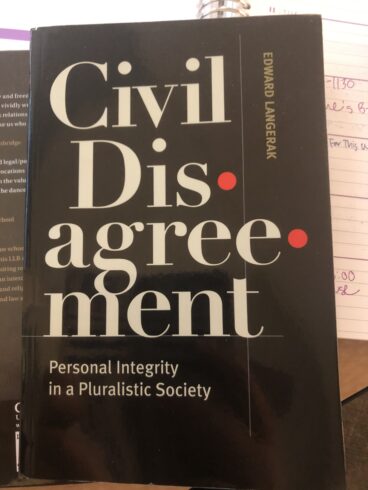

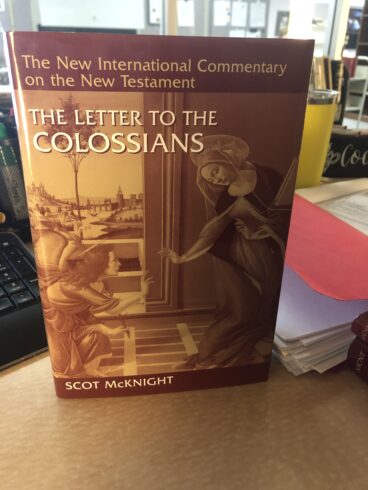
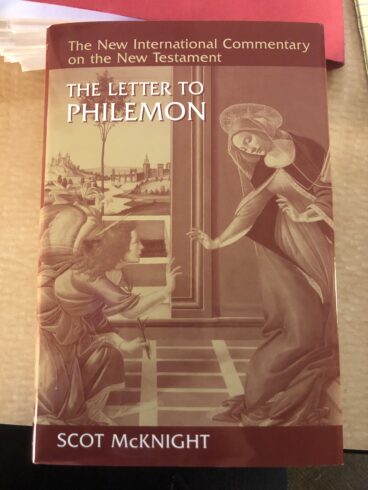
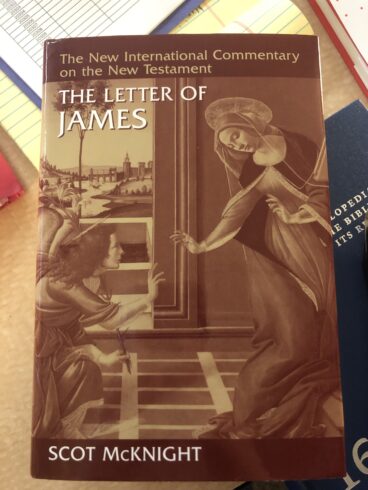
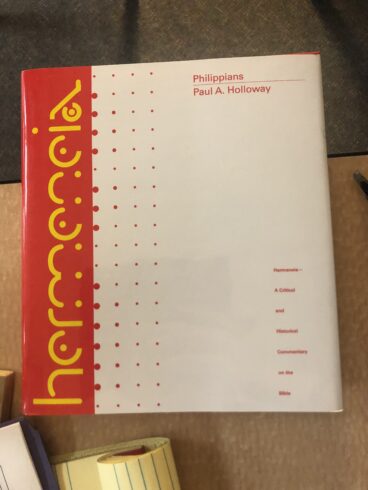
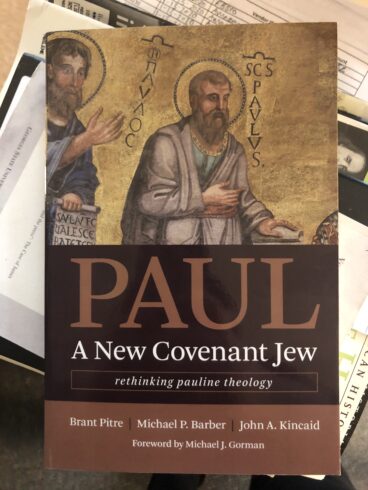




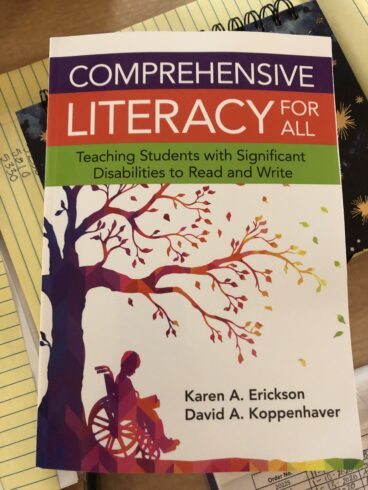
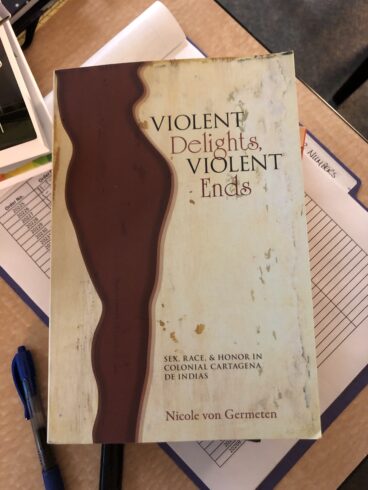 Nicole von Germeten takes the reader beneath the surface of daily in a colonial city. Cartegena was an important Spanish port and the site of an Inquisition high court, a salve market, a leper colony, a military base, and a prison colony—colonial institutions that imposed order by enforcing Catholicism, cultural and religious boundaries, and prevailing race and gender hierarchies. The city was also simmering with illegal activity, from contraband trade to prostitution to heretical religious practices.
Nicole von Germeten takes the reader beneath the surface of daily in a colonial city. Cartegena was an important Spanish port and the site of an Inquisition high court, a salve market, a leper colony, a military base, and a prison colony—colonial institutions that imposed order by enforcing Catholicism, cultural and religious boundaries, and prevailing race and gender hierarchies. The city was also simmering with illegal activity, from contraband trade to prostitution to heretical religious practices.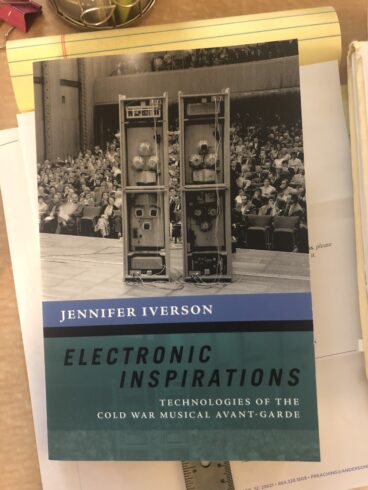 For a decimated post-war West Germany, the electronic music studio at the WDR radio in Cologne was a beacon of hope. Jennifer Iverson’s Electronic Inspirations: Technologies of the Cold War Musical Avant-Garde traces the reclamation and repurposing of wartime machines, spaces, and discourses into the new sounds of the mid-century studio. In the 1950s, when technologies were plentiful and the need for reconstruction was great, West Germany began to rebuild its cultural prestige via aesthetic and technical advances. The studio’s composers, collaborating with scientists and technicians, coaxed music from sine-tone oscillators, noise generators, band-pass filters, and magnetic tape. Together, they applied core tenets from information theory and phonetics, reclaiming military communication technologies as well as fascist propaganda broadcasting spaces. The electronic studio nurtured a revolutionary synthesis of science, technology, politics, and aesthetics. Its esoteric sounds transformed mid-century music and continue to reverberate today. Electronic music–echoing both cultural anxiety and promise–is a quintessential Cold War innovation.
For a decimated post-war West Germany, the electronic music studio at the WDR radio in Cologne was a beacon of hope. Jennifer Iverson’s Electronic Inspirations: Technologies of the Cold War Musical Avant-Garde traces the reclamation and repurposing of wartime machines, spaces, and discourses into the new sounds of the mid-century studio. In the 1950s, when technologies were plentiful and the need for reconstruction was great, West Germany began to rebuild its cultural prestige via aesthetic and technical advances. The studio’s composers, collaborating with scientists and technicians, coaxed music from sine-tone oscillators, noise generators, band-pass filters, and magnetic tape. Together, they applied core tenets from information theory and phonetics, reclaiming military communication technologies as well as fascist propaganda broadcasting spaces. The electronic studio nurtured a revolutionary synthesis of science, technology, politics, and aesthetics. Its esoteric sounds transformed mid-century music and continue to reverberate today. Electronic music–echoing both cultural anxiety and promise–is a quintessential Cold War innovation.